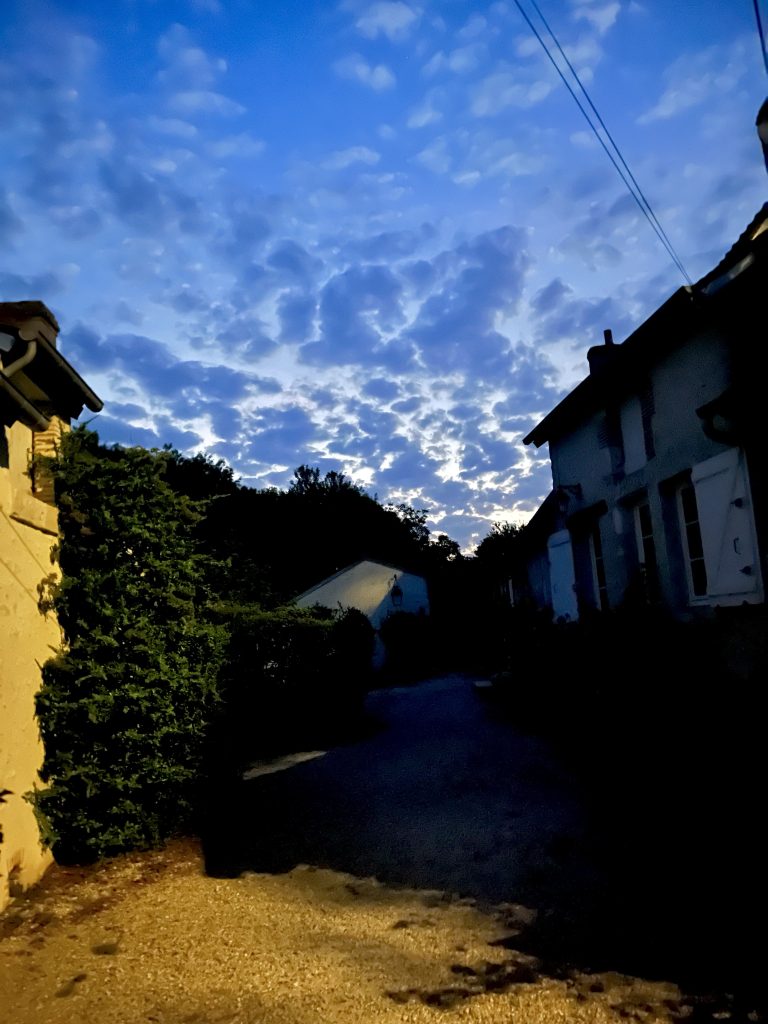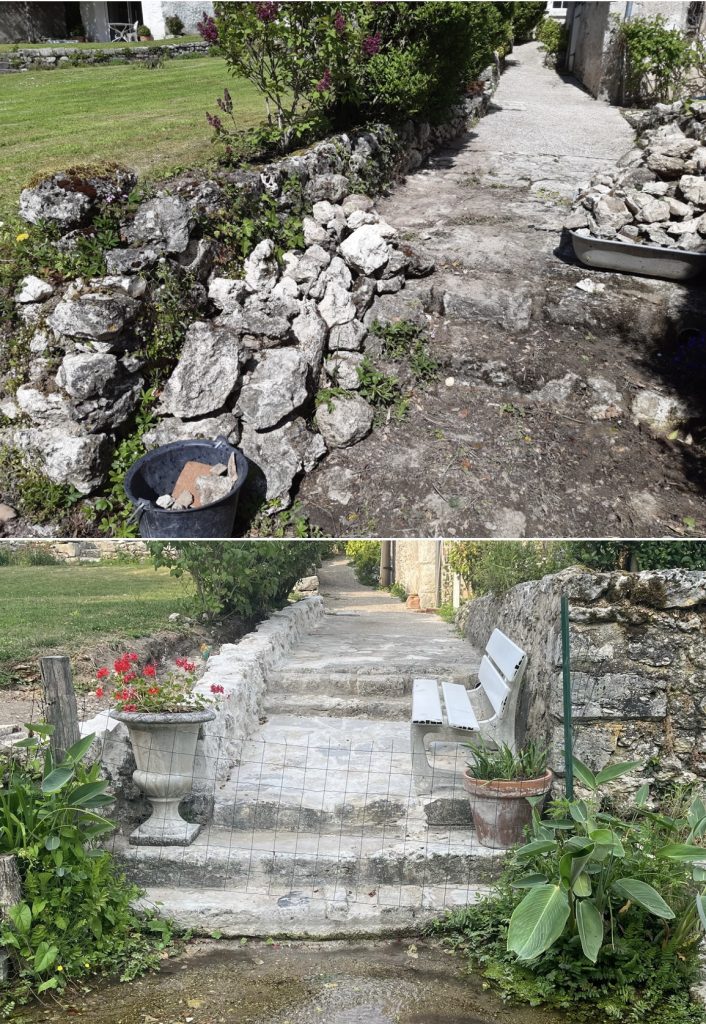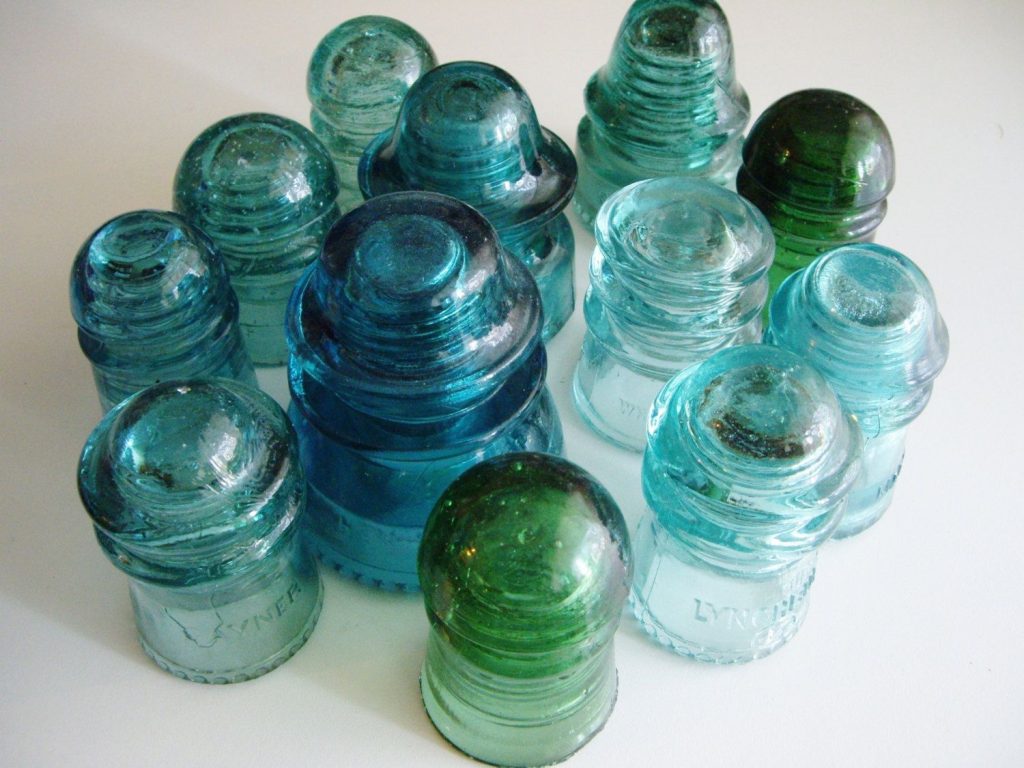
Zen and the art of wall-building
I’ve never read Zen and the Art of Motorcycle Maintenance but I remember its 1974 debut causing a bit of a stir. Lots of people were talking about it. It went on to become the best-selling philosophy book of all time, but I was nineteen at the time, off exploring Europe and much else besides. I’d better things to do than zen, whatever it was, and I’d sold my motorbike anyway. With my thumb to the road I went wherever it took me.
Fast forward forty-nine years and, at the risk of becoming a wall bore, the book’s title came to mind again yesterday. I’m back at the wall that Jim and I worked on when I first arrived, although I’ve travelled around a bit since. But each time I returned to Tavers I found myself eyeing up the long stretch yet to be done. It beckoned.
I know as much about Zen as I do about wall-building, which isn’t much. As far as I can tell it’s about a state of mind, deep focus, and being calm and fully present in the moment. That’s where I’ve been for the last week, zenned up close to a wall, which partly explains the absence of any posts for a while.
I’ve not been in a zen-like trance or anything weird like that, and there haven’t been any revelatory moments such as ‘seeing the light’, unless you count getting up at dawn, which I’ve just done for the last five mornings, avoiding the blistering heat of the day.
The wall had beckoned and my inner stone mason had emerged, but hauling rocks around when it’s 30°c burns the zen out of you like steam from a kettle, so I’ve been up with the birds in the cool of the morning, in deep focus, calm and in the moment. And the wall and its terrace are complete.

The other part of the explanation is that, much as I’ve enjoyed my zen mornings, although I’m sure they don’t expect anything in return, it feels good to be leaving something behind for having stayed in Jim and Brigitte’s lovely home for a week.
So, not to get too weird after the calm mind stuff, but now bordering on religiosity, I also took a vow of silence of sorts. A surprise, or rather a pleasant one, is a nice thing to come home to after a long and tiring drive, so I’ll post this some time on Saturday when they’re back and they and the wall are unpacked. And I’ll apply a bit more zen so that a freshly cooked South Indian curry awaits them.
On the subject of cooking, although my vow of silence was only really for Jim and Brigitte, it was occasionally broken by chats with Harissa about food, and when I walked up to the shops in the evenings for supplies. But infinitely more enjoyable than transactional shop talk, or cat chat, was when I had dinner on Wednesday with Jim and Brigitte’s good friends and neighbours, Claudine and Ulf.
Claudine is French and the beautiful house where they live has been in her family for four hundred years. Ulf is German and their paths first crossed in a Youth Hostel in Dublin in 1969, he enjoying the freedom that followed the end of his national service, and she life as a student.
It was the year that men first set foot on the moon while, 240,000 miles below on a small spot of the planet from which they’d come, the Northern Ireland ‘troubles’ began. It was the start of thirty long years of violence, spilling over into parts of Ireland, England and even mainland Europe.
It spilled into my life the day that Pip and I married (28.02.92), when a bomb went off during the morning rush hour, two miles away inside London Bridge Station. There was extensive damage and misery for the twenty-nine people who were injured, although we danced into the early hours.
The second time was just a few weeks later on 10th April when another destroyed London’s Baltic Exchange killing three people and wounding many more. Although three miles away the ground around me shook as if a rock-laden skip had been dropped from a great height and landed at my feet.
Back when Claudine and Ulf met in 69 it was the year of Woodstock in upstate New York, when 400,000 people descended on a dairy farm for what was billed as ‘three days of peace and music’. There was music in the air.
In Ireland they’d just announced tax exemptions for painters, sculptors, writers and composers, although this probably had more to do with the perilous state of the country’s finances than a new Age of Aquarius, when peace would ‘guide the planets and love steer the stars’ (5th Dimension, 1969). It was the year that Ireland received its first loan from the World Bank, borrowing $152.5m over a seven year period, all repaid on time.
As Ulf and Claudine recalled, back then it was a very different Ireland to today’s, where returning exiles enriched by lives in the US and elsewhere now build and live in big houses. Then you sometimes saw people in bare feet and the country was poor. But for them they were evidently happy times.
Twelve years ago when they retired, Claudine from teaching and Ulf from shipping, they moved to Tavers from Paris and, far from the big city, we sat on their terrace listening to blackbirds and robins singing in the fading light.
We talked of the folly of Brexit and how the rest of Europe looks on in wonder at the state we’re in, still clutching at at perceived glory long gone.
Its advocates’ cry of ‘Let’s take back control’ was a PR master stroke in galvanising the support of people left behind by deindustrialisation and globalisation, longing as they were for yesteryear, when everything was better.
The Brexiteers promoted a scurrilous vision of a Global Britain, a nod to the glory days of an empire that had once controlled a quarter of the world’s landmass and people. But their vision was through a prism of fractured light that left economic exploitation and cultural suppression unseen in its shadows. A time when even massacres were fair game, reimagined as the sunny uplands to which we we would soon be bound but have so far yet to see. Smoke and mirrors. A mirage. A hat from which no rabbit emerged.
We talked of much else besides, from the great mills that once turned in the area, to Gordon Lighfoot’s recent demise and of the ear-splitting scourge of the wheelie suitcases’ cry.
As I left, having enjoyed their good company and a lovely meal prepared by Ulf, clearly a dab hand in the kitchen, we paused beside some of their treasures.
Claudine collects wooden boxes and, although she had only a few on display, they were beautiful things, some small and some large. A particularly fine one was from Greenland I think. Had their gaze been distracted and my inner robber emerged, it was the kind of treasure I’d have slipped under my arm and run with.
But no. Ulf has a fine collection of walking sticks from all over the world, one with an inbuilt pistol. Others had beautifully-carved, ornate handles in all shapes and sizes, one about five feet in length, perhaps for someone unusually tall, or maybe just made for a laugh.
He also collects vintage glass insulators, things of which I’d never heard before, which lay glistening on a shelf. In times past they were used for telegraph and telephone lines to prevent wires from touching the wooden poles along which they were strung. They’re oddly beautiful things. Although not Ulf’s there’s a picture of some below.
I think Ulf’s attraction has more to do with their beauty than value, and most of his are French anyway, but as I’ve learnt since, if you covet an 1888 insulator made by the California Electric Works in cobalt blue, you’ll need a spare $5,390.

We said our goodbyes and, crossing the road to Jim and Brigitte’s lane I was stopped dead in my tracks by the sight of the beautiful sky pictured above.
A few days of zen wall-building and my vow of silence temporarily broken in such enjoyable company, and soon to be finished by more, is nothing but good for the soul.